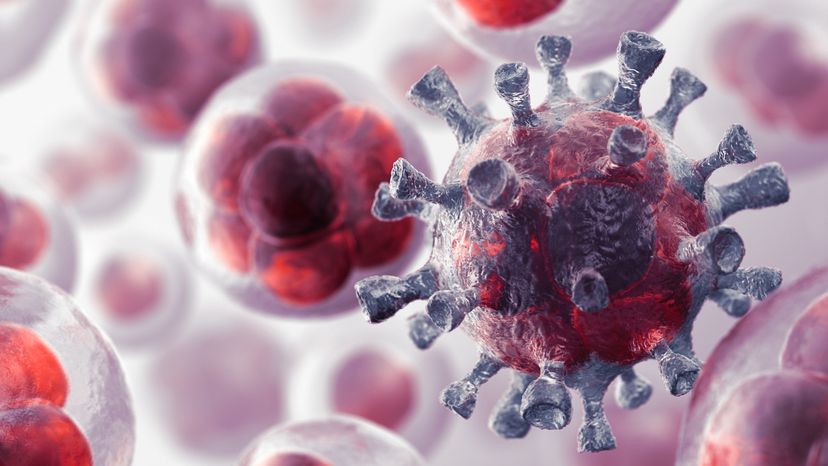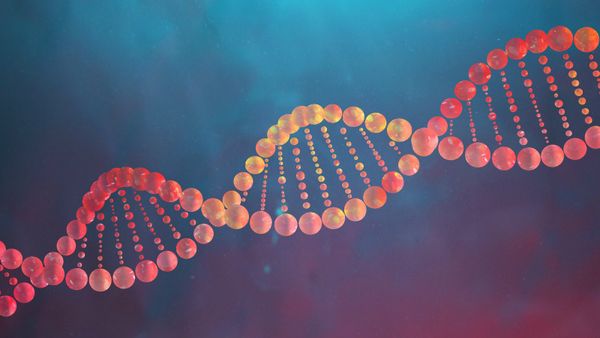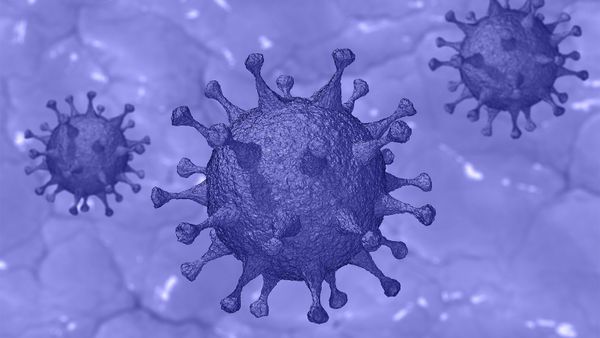
At a microscopic level, we are all composed of cells. Look at yourself in a mirror -- what you see is about 10 trillion cells divided into about 200 different types. Our muscles are made of muscle cells, our livers of liver cells, and there are even very specialized types of cells that make the enamel for our teeth or the clear lenses in our eyes!
If you want to understand how your body works, you need to understand cells. Everything from reproduction to infections to repairing a broken bone happens down at the cellular level. If you want to understand new frontiers like biotechnology and genetic engineering, you need to understand cells as well.
Advertisement
Anyone who reads the paper or any of the scientific magazines (Scientific American, Discover, Popular Science) is aware that genes are BIG news these days. Here are some of the terms you commonly see:
- Biotechnology
- Gene splicing
- Human genome
- Genetic engineering
- Recombinant DNA
- Genetic diseases
- Gene therapy
- DNA mutations
- DNA fingerprinting or DNA profiling
Gene science and genetics are rapidly changing the face of medicine, agriculture and even the legal system!
In this article, we'll delve down to the molecular level to completely understand how cells work. We'll look at the simplest cells possible: bacteria cells. By understanding how bacteria work, you can understand the basic mechanisms of all of the cells in your body. This is a fascinating topic both because of its very personal nature and the fact that it makes these news stories so much clearer and easier to understand. Also, once you understand how cells work, you will be able to answer other related questions like these:
- What is a virus and how does it work at the molecular level?
- What is an antibiotic and how do antibiotics work? Why don't antibiotics kill normal cells?
- What is a vitamin, and why do we need to take them every day?
- How do poisons work?
- What does it mean to be alive, at least at the cellular level?
All of these questions have obvious answers once you understand how cells work -- so let's get started!

